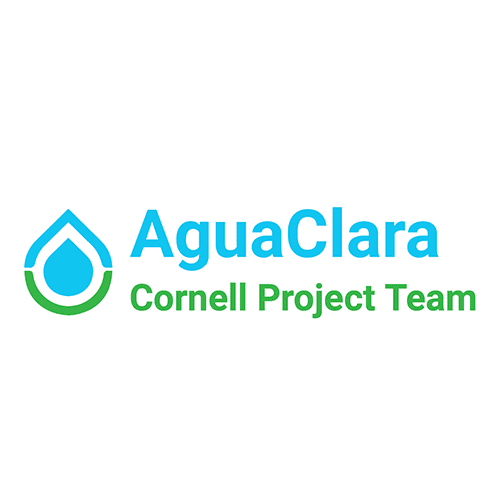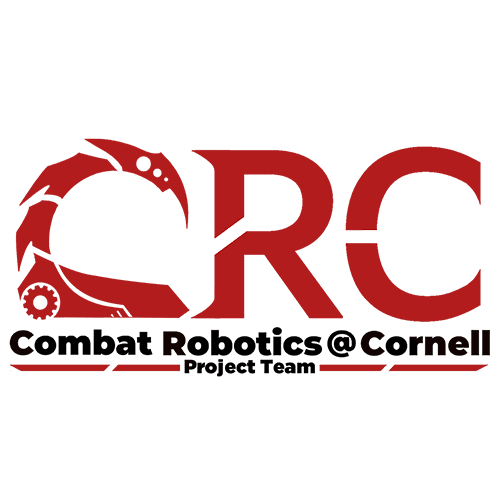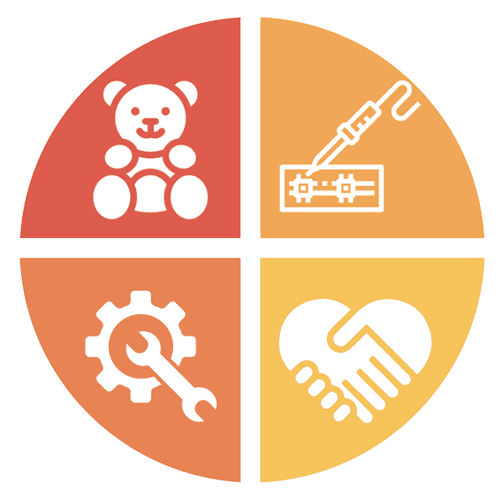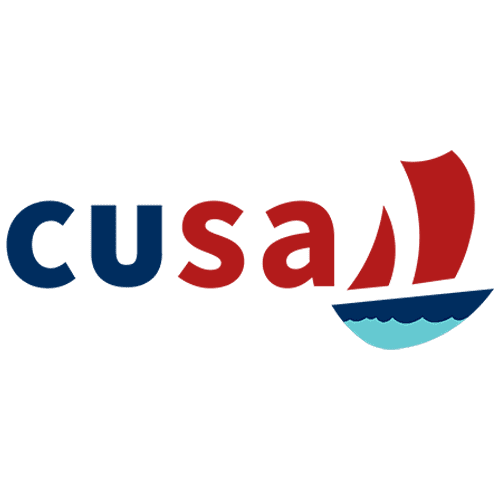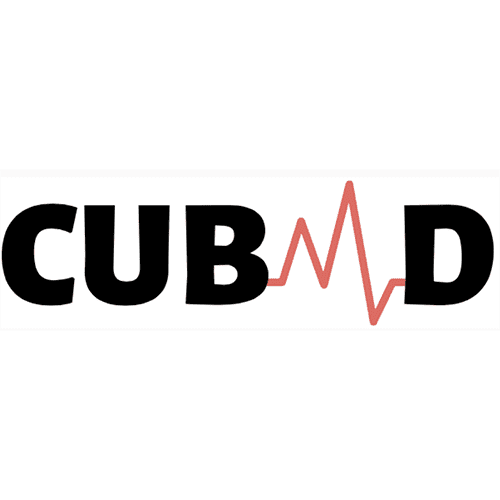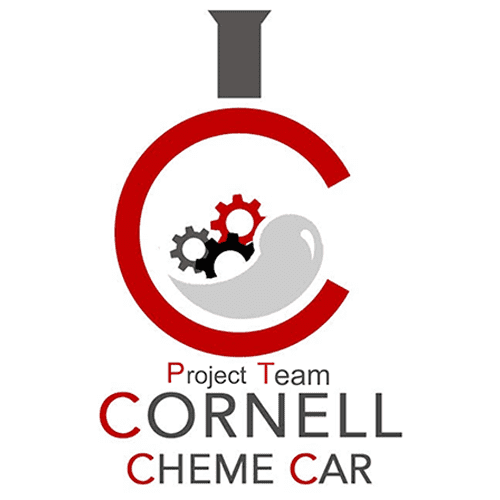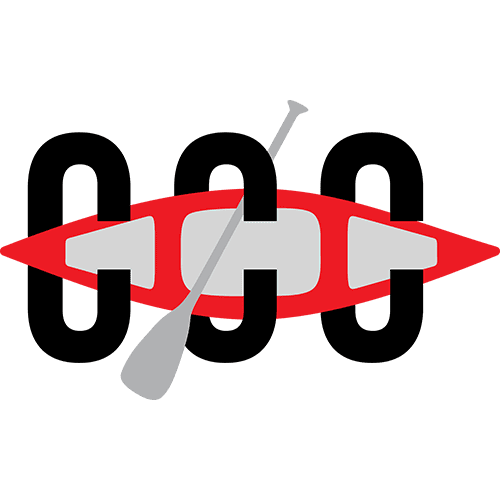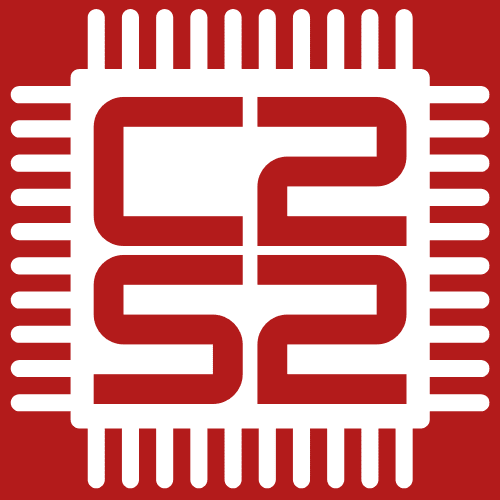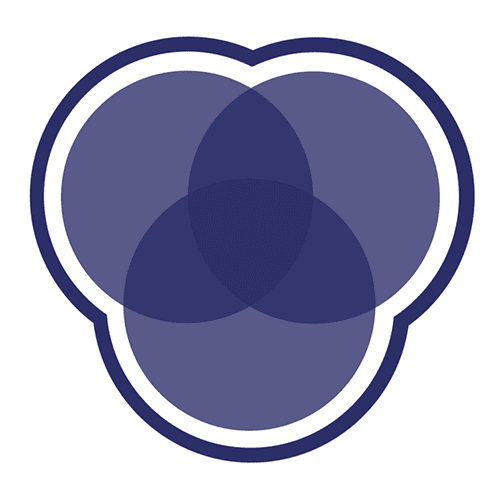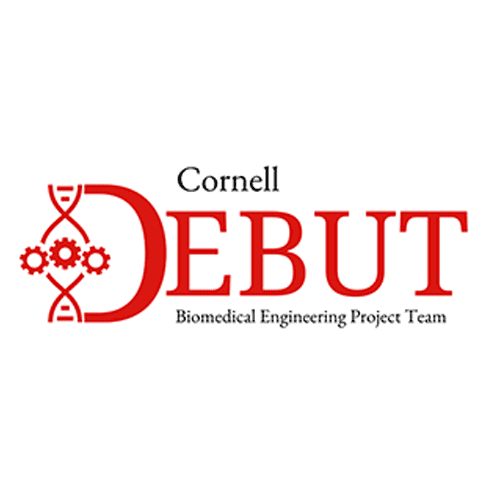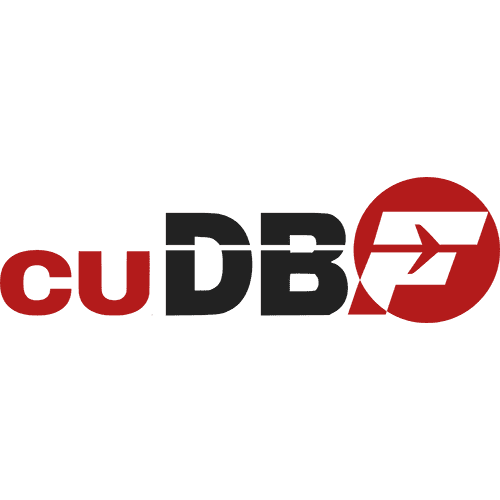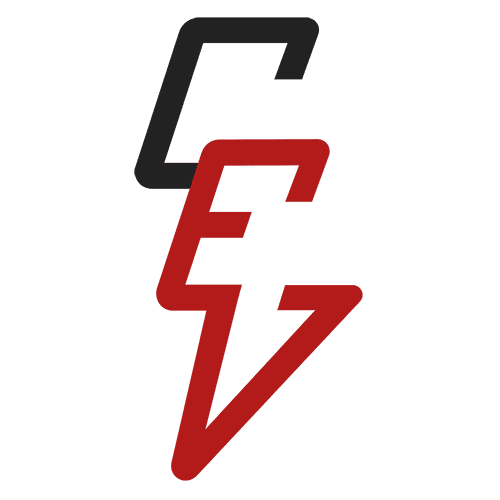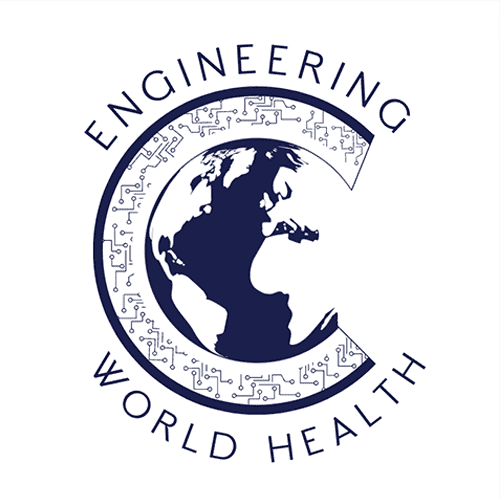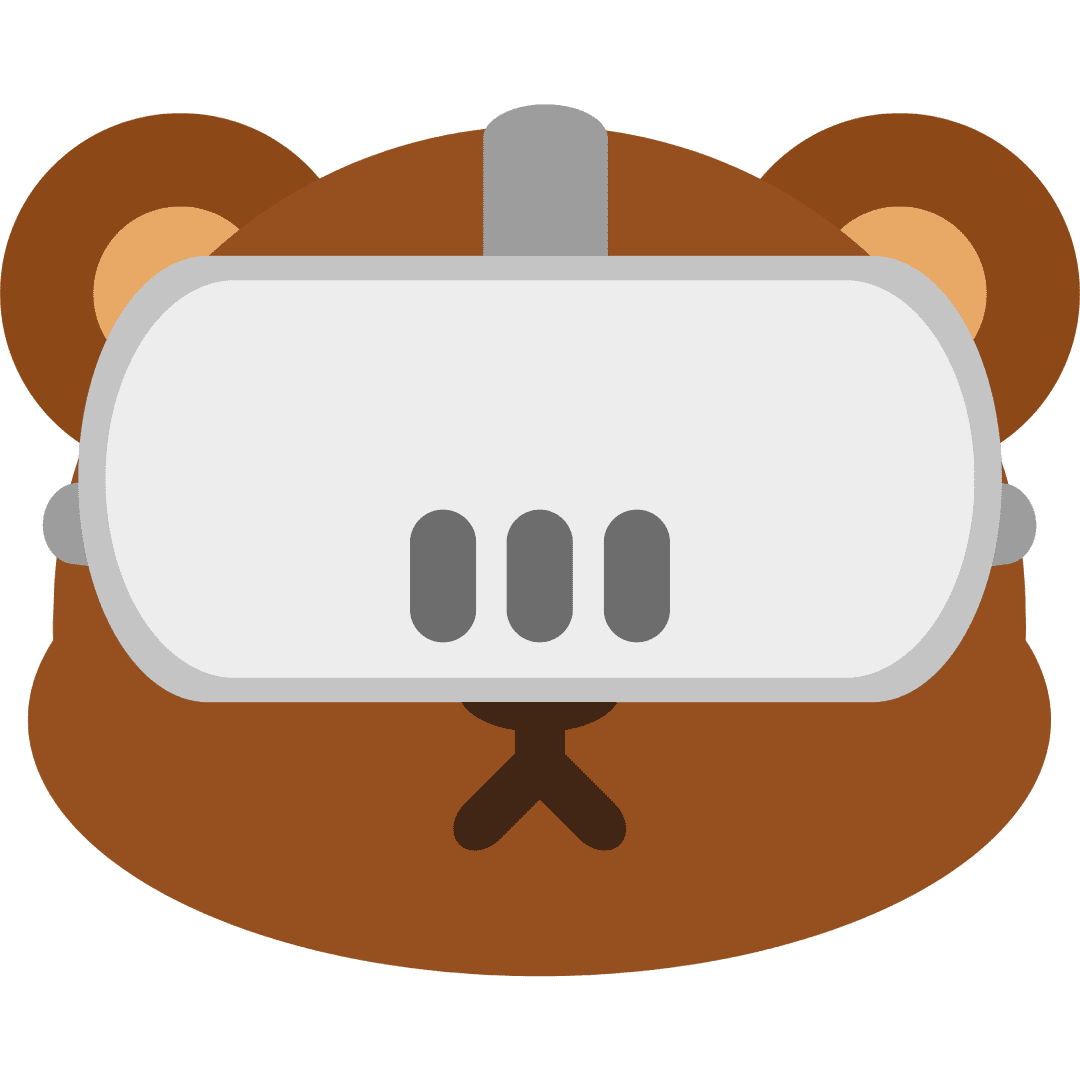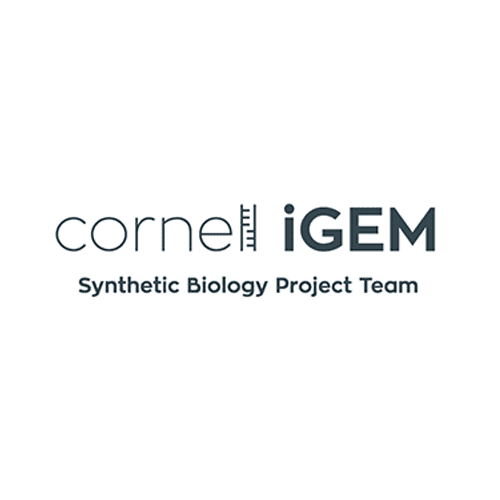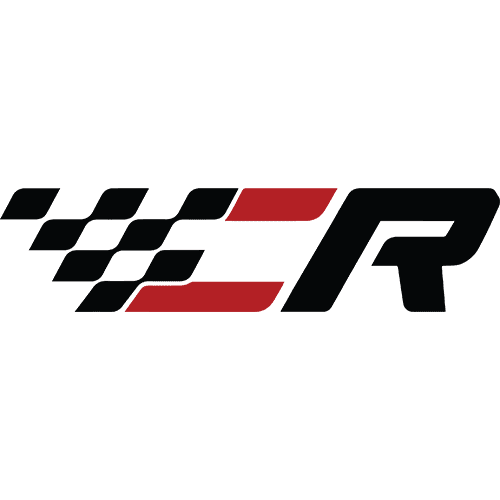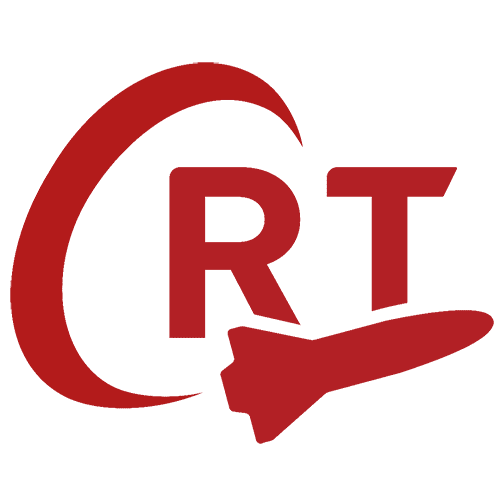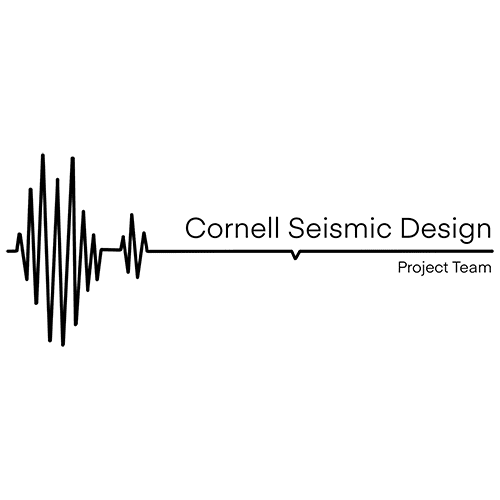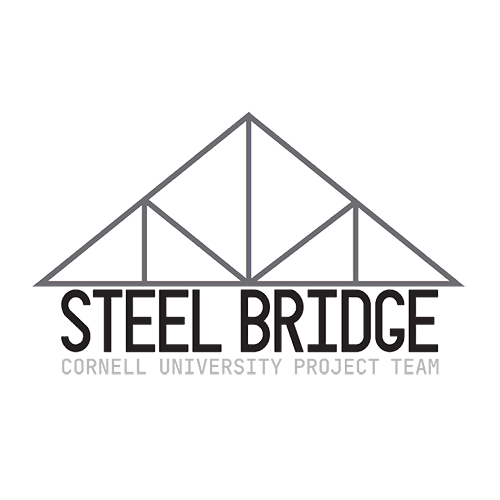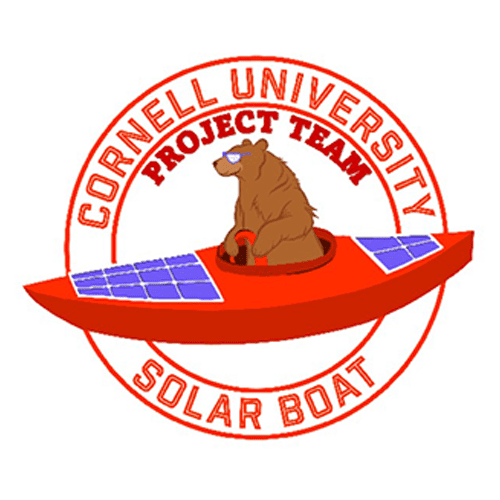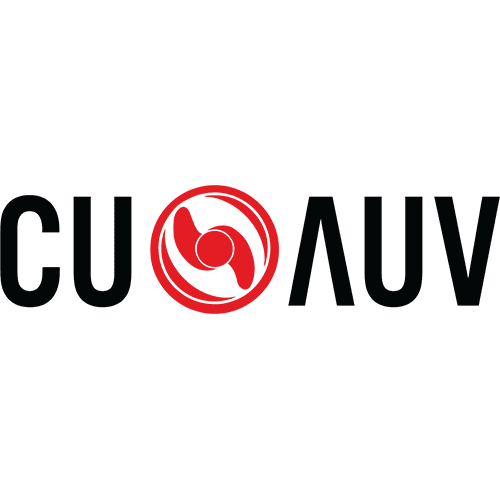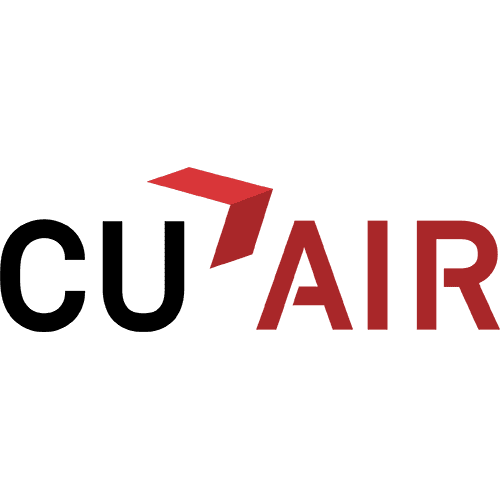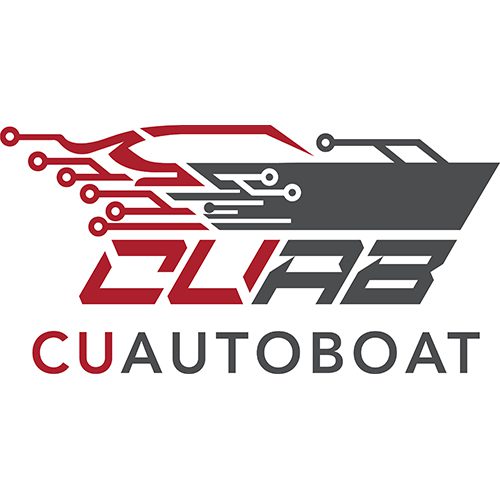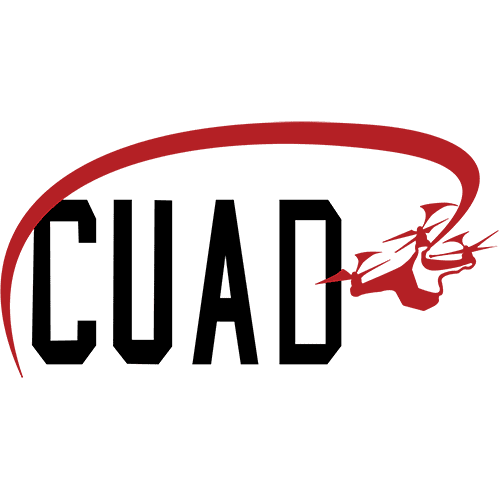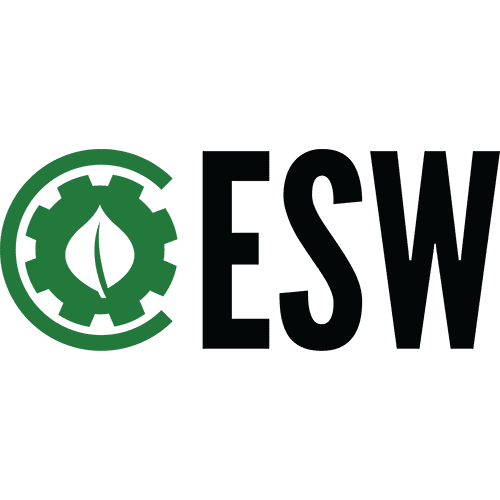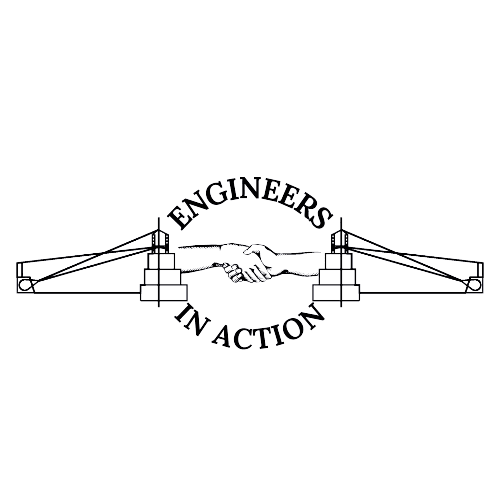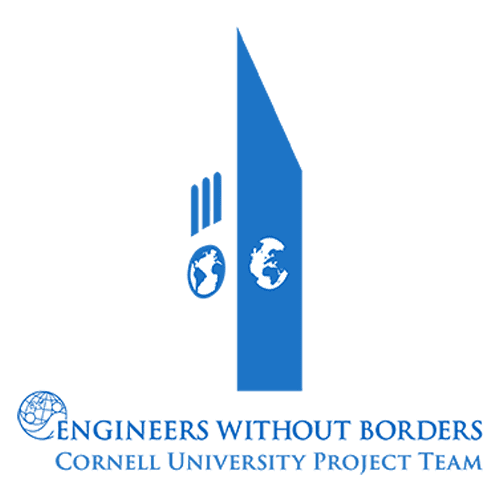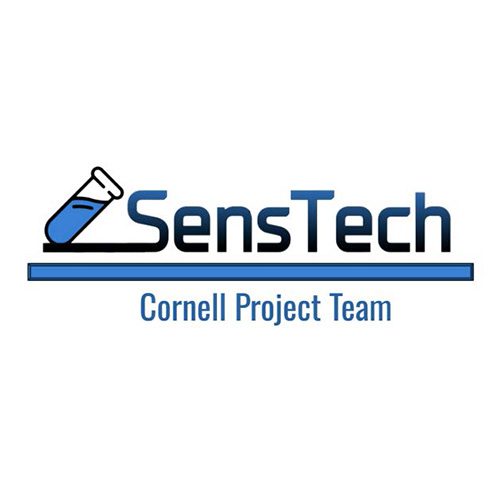-
![Agua Clara Cornell Project Team]()
AguaClara Cornell
-
![Combat Robotics at Cornell Project Team]()
Combat Robotics @ Cornell
-
![Cornell AppDev]()
Cornell AppDev
-
![Cornell Assistive Technologies project team]()
Cornell Assistive Technologies
-
![CU Sail]()
Cornell Autonomous Sailboat Team
-
![Cornell Baja Racing, Ithaca, NY]()
Cornell Baja Racing
-
![Cornell Biomedical Device]()
Cornell University Biomedical Device
-
![Project Team Cornell Cheme Car]()
Cornell ChemE Car
-
![Cornell Concrete Canoe]()
Cornell Concrete Canoe
-
![Cornell Custom Silicon Systems]()
Cornell Custom Silicon Systems
-
![Cornell Data Science]()
Cornell Data Science
-
![Cornell Debut Biomedical Project Team]()
Cornell DEBUT
-
![Cornell Digital Tech and Innovation]()
Cornell Digital Tech & Innovation
-
![Cornell Design Build Fly]()
Cornell Design Build Fly
-
![Cornell Electric Vehicles]()
Cornell Electric Vehicles
-
![Engineering World Health]()
Cornell Engineering World Health
-
![CUXRL project team]()
Cornell University Extended Reality (CUXR)
-
![Hack4Impact Cornell]()
Hack4Impact Cornell
-
![Cornell Hyperloop]()
Cornell Hyperloop
-
![Cornell iGem]()
Cornell iGem
-
![Cornell Mars Rover]()
Cornell Mars Rover
-
![Cornell Nexus]()
Cornell Nexus
-
![Cornell Racing]()
Cornell FSAE Racing
-
![Cornell Rocketry]()
Cornell Rocketry
-
![Cornell Seismic Design]()
Cornell Seismic Design
-
![Cornell Steel Bridge]()
Cornell Steel Bridge
-
![Cornell University Solar Boat]()
Cornell University Solar Boat
-
![Cornell University Autonomous Underwater Vehicle]()
Cornell University Autonomous Underwater Vehicle
-
![Cornell University Unmanned Air Systems]()
Cornell University Unmanned Air Systems
-
![Cornell AutoBoat]()
Cornell AutoBoat
-
![CU Autonomous Drone]()
CU Autonomous Drone
-
![CU GeoData]()
CU GeoData
-
![Engineers for a Sustainable World]()
Engineers for a Sustainable World
-
![Engineers in Action]()
Engineers in Action
-
![Engineers Without Borders]()
Engineers Without Borders
-
![SensTech Cornell]()
SensTech Cornell
More Experiential Learning Opportunities
Cornell University and Cornell Engineering offer many other ways to access experiential learning opportunities beyond Student Project Teams. Be sure to check them out!
